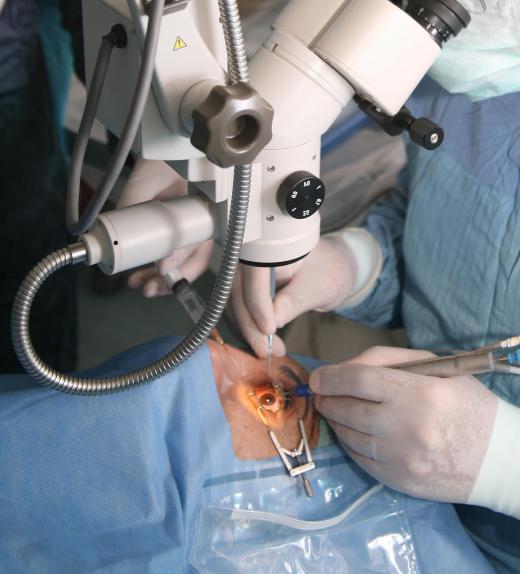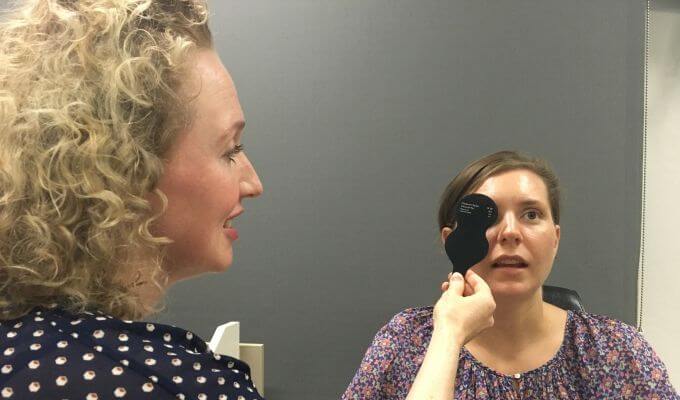Some Of Paediatric Ophthalmology
Table of ContentsNot known Factual Statements About Amblyopia The Ultimate Guide To Adult & Paediatric Eye SurgeryNot known Factual Statements About Eye Exam An Unbiased View of Adult Cataract
Ophthalmologists are medical physicians who focus on the diagnosis as well as treatment of eye and also vision troubles. What is the distinction between an ophthalmologist and an eye doctor, then? What about lens? These 3 types of eye care specialists have instead similar-sounding names as well as overlapping work descriptions. It can be perplexing in the beginning glance.They can not provide eye examinations, write prescriptions, or diagnose or treat eye issues. can analyze your eyes, examination your vision, suggest glasses or contacts, and also identify and treat several eye problems and also illness. They are not medical physicians or surgeons yet can prescribe particular eye-related medications (https://www.pubpub.org/user/matthew-landry). Give eye tests, vision testing, and prescriptions for glasses or get in touch with lenses.
:max_bytes(150000):strip_icc()/optometrist-vs-ophthalmologist-5094869_final-0d8eca1d944a4b54b1423065ac2e780f.jpg)
Ophthalmologists diagnose and treat injuries, infections, conditions, as well as conditions of the eye. Treatments can consist of medication taken orally (by mouth) or topically (in the eye), surgical procedure, cryotherapy (freeze therapy), as well as radiation treatment (chemical therapy). Ophthalmologists attend clinical college then get numerous years of specialty training in the medical and medical treatment of the eye.
Get This Report on Paediatric Ophthalmology
As they are the only doctor that can deal with all eye problems, eye doctors see a wide range of eye problems, including: Just how frequently should you have an eye examination? What are signs that show you may have an eye problem that needs to be checked by an eye doctor? The American Academy of Ophthalmology recommends: As children's eyes are growing and transforming swiftly, they ought to obtain a vision testing.
Grownups who have healthy eyes as well as excellent vision must have four thorough eye tests: one in their 20s, 2 in their 30s, and one at age 40. These appointments might allow the ophthalmologist to catch an eye disease or vision modifications early. By the time you observe signs, you may already have some vision loss (AMBLYOPIA).

Individuals who are at a higher danger of eye illness may require to get an eye examination much more typically. After age 65, your eyes must be examined every one to two years.
Your sight depends on seeing the ideal eye physician at the appropriate time. When it's time to "get your eyes checked," make sure you are seeing the appropriate eye care expert for your demands. Ophthalmologists, optometrists as well as opticians each play an important function in providing eye treatment to customers. Yet the levels of training as well as expertise are quite different for each sort of service provider.
Amblyopia - An Overview

is a clinical or osteopathic doctor that concentrates on eye and vision care. Ophthalmologists vary from optometrists and also lens in their degrees of training as well as in what they can detect as well as deal with (https://www.stories.qct.edu.au/profile/drcarolinecatt9261/profile). As a medical physician who has finished college and see here also at least eight years of added medical training, an eye doctor is licensed to exercise medicine as well as surgical procedure.
Numerous ophthalmologists are additionally associated with clinical research on the reasons and also remedies for eye diseases as well as vision conditions. SUBSPECIALISTS: ADDITIONAL UNDERSTANDING AND TRAINING FOR SPECIFIC EYE NEEDS While eye doctors are educated to care for all eye problems and conditions, some Eye M.D.s specialize in a certain location of clinical or surgical eye treatment.
She or he usually completes one or 2 years of added, extra in-depth training called a fellowship in one of the major subspecialty locations such as glaucoma, retina, cornea, pediatric medicines, neurology as well as plastic surgical treatment, as well as others. This added training as well as understanding prepares an ophthalmologist look after even more complicated or specific problems in particular areas of the eye or in specific groups of individuals.
An optometrist is not a medical physician. An optometrist receives a physician of optometry (OD) level after finishing 4 years of optometry school, preceded by three years or more years of college. They are licensed to exercise optometry, which primarily entails executing eye exams and vision tests, recommending and also dispensing restorative lenses, detecting particular eye abnormalities, as well as prescribing medications for sure eye illness.
Facts About Eye Exam Revealed
They use prescriptions provided by ophthalmologists or eye doctors, however do not examine vision or write prescriptions for visual correction. Opticians are not permitted to detect or deal with eye illness. All of us rely on our vision in more means that we might realize. Without healthy vision, our ability to work, play, drive and even recognize a face can be drastically influenced.
That's why it is so essential to see an ophthalmologist for a total clinical eye exam by age 40, as well as after that as often as suggested by your Eye M.D.
A total, clinical eye examination by an Eye M.D. might be the first action towards conserving your sight. Protruding of one or both eyes; Dark drape or veil that obstructs your vision; Reduced vision, even if temporary; Diabetes mellitus; Altered vision; Double vision; Excess tearing; Eyelid abnormalities; Household background of eye disease; Halos (tinted circles around lights); High blood stress; HIV or Help; Injury to the eye; Loss of peripheral (side) vision; Misaligned eyes; New floaters (black "strings" or flecks in the vision) and/or flashes of light; Discomfort in the eye; Thyroid disease-related eye problems (Graves' condition); Unusual red eye.